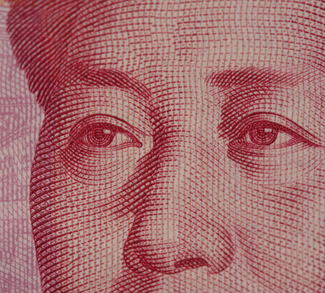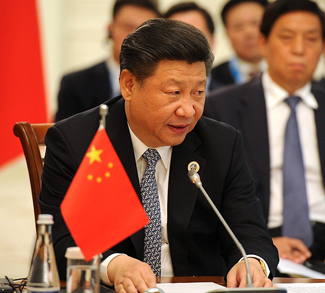Chinese markets have been on a rollercoaster ride over the past year. After kicking off its rally in July of 2014, the Shanghai Composite grew nearly 150% to reach 5,166 on June 12. Since then it has plunged to around 3,700 in just a few months – a major drop, though not deep enough to wipe out the index’s yearly gains which still stand at around 70%.
The year-on-year figures put Chinese equities in perspective: the drop has been swift and pronounced, but not big enough to wipe out the gains of the rally that played out over the past year. Not even close.
Yet there are important lessons to be gleaned from the rout of the past few months. Anyone who has watched the panic unfold knows that this is all about investor sentiment (the economic metrics being released over the past six months were anything but rally-worthy). And given the nature of the Chinese political system, this investor sentiment was tied to expectations of government intervention: Would the government step in to shore up the rally and halt the decline? Did it even have the power to do so?




